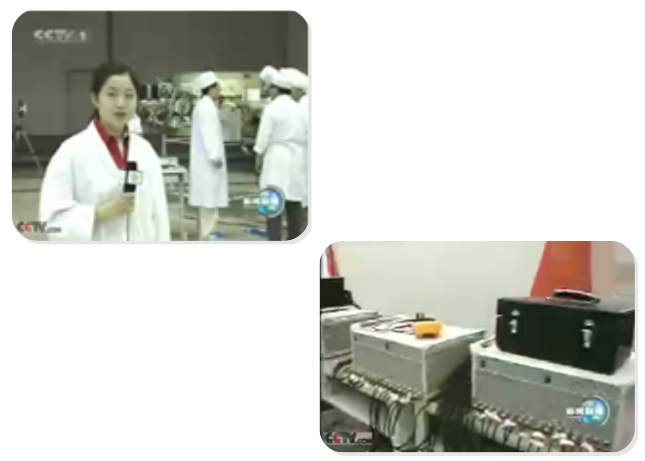Beidou Rocket Dynamic Testing for Separation Reliability
Project name: Beidou Double-Star Program - Rocket Dynamic Testing Application
As a national key space project, the Beidou Double-Star Program utilized the Long March 2C launch vehicle. To ensure the reliability of critical operations like satellite separation, the China Academy of Launch Vehicle Technology employed the DE-series dynamic testing system for comprehensive rocket vibration and separation dynamics tests.
1. Test System Configuration
| Test Item | Sensor Configuration | Key Specifications |
|---|---|---|
| Full-rocket modal test | 200+ triaxial accelerometers | 0.01Hz freq. resolution (0-100Hz) |
| Satellite separation test | HF force sensors (10kHz) | ±1N contact force accuracy |
| Pipeline vibration monitoring | HT strain gauges (300°C) | ±5000με strain range |
| Shock environment recording | MEMS accelerometers (10,000g) | 1MHz sampling rate |
2. Key Technological Breakthroughs
2.1 Multi-physics Synchronization
Simultaneous acquisition of 16 parameter types
Time synchronization accuracy <1μs (meets GJB 2249-2018)
2.2 Separation Dynamics Analysis
Precise capture of spring force time-history
Identified micro-impact events at 0.5ms scale
2.3 Digital Twin Validation
<3% error between test data and simulation
Corrected separation timing prediction algorithm
3. Test Achievements
3.1 Engineering Improvements
Optimized separation spring stiffness (+15%)
Redesigned satellite adapter damping structure
3.2 Launch Verification
Separation velocity error <0.1m/s (req.: 0.5m/s)
40% improvement in orbital insertion accuracy
4. System Advantages
High Reliability - Zero failure in 3 consecutive launches
Environmental Resistance - Operates at -40℃~60℃
Scalability - Upgraded for Long March 5 testing
Conclusion
The Beidou Double-Star Program's dynamic testing, conducted by the China Academy of Launch Vehicle Technology using Dynatronic's DE-series system, has significantly enhanced the reliability of satellite separation processes in the Long March 2C launch vehicle. Through precise multi-physics synchronization and advanced separation dynamics analysis, the program achieved a separation velocity error of less than 0.1 m/s, surpassing the required 0.5 m/s. These improvements led to a 40% enhancement in orbital insertion accuracy and optimized engineering components, such as separation spring stiffness and satellite adapter damping structures. The system's high reliability, demonstrated by zero failures across three consecutive launches, and its scalability for future Long March 5 testing, underscore its pivotal role in advancing China's space exploration capabilities.


